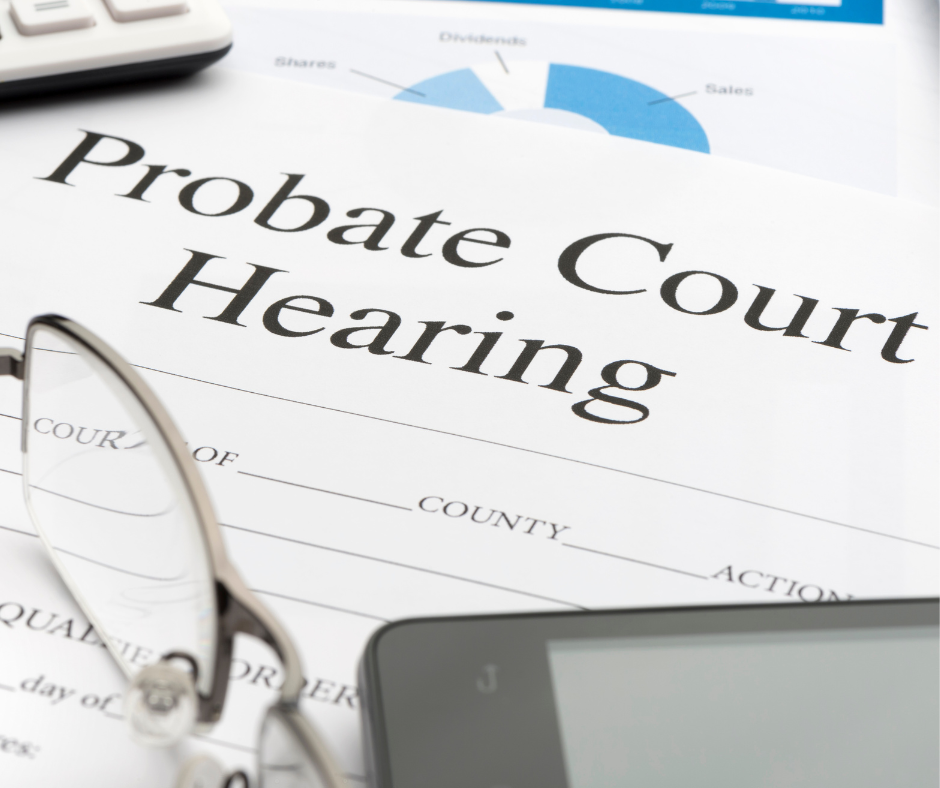Will vs. Trust? How to Choose the Right Estate Plan
An Estate Plan consists of legal documents that govern distribution of your assets at death and
memorialize your wishes regarding healthcare and financial decisions if you are incapacitated.
Creating an estate plan is a necessary step to ensure the money and property you own at the time
of your death passes to your loved ones in the manner you choose. Without legally binding estate
planning documents, the default laws of your state will apply to administration and distribution
of your assets at the time of your death. It is important to determine whether those laws are
consistent with your wishes, and if not, to be sure your estate plan is completed properly.
A foundational estate plan generally consists of a Last Will and Testament or a Revocable Living
Trust. A common question estate planning attorneys are asked is whether the client should
choose a will or a trust.
Last Will & Testament
Your Will is the legal document that directs the Court to distribute your probate assets after your
death to the individuals or charities you identify, also known as devisees. Probate assets are those
assets you own at the time of your death that are titled in your individual name and that do not
pass according to rights of survivorship or beneficiary designations.
For example, if you own your home jointly with your spouse with a right of survivorship, upon
the first of you to die, title to the home will vest in the survivor upon one’s death. Therefore, the
home is not a probate asset at the time of the first death and will not be distributed according to
your Will. If you own your home individually, i.e. in your name only, then at your death it is a
probate asset and will be distributed according to the terms of your Will. Another common
scenario is any life insurance policy or investment account where you have identified
beneficiaries or transfer on death designees at the time you opened the account. If you have not
updated those beneficiaries or designees in quite some time, those individuals will receive the
benefits or assets in the account at your death and not those identified in your Will. This may be
inconsistent with your wishes if you have since remarried or had additional children. Your
attorney can walk you through what assets are probate assets and what assets are non-probate
assets. This is important to understand to be sure your estate plan is consistent with your wishes.
Your Will also directs the Court to appoint a Personal Representative, also known as Executor,
who will administer your estate according to the terms of your will and the laws of your state.
Additionally, your Will contains distribution provisions to your loved ones or to charities you
may choose. If you have minor or disabled children, it is important to identify your choice of a
legal guardian for those children in the event of your death, as well as a financial trustee to
manage the assets they inherit from you for their benefit. For a Will to be legally binding, it must
be executed according to the laws of the state in which you reside at the time you execute the
document.
If you choose to distribute your probate assets by a Will, your estate will be subject to the
Probate Code and your Personal Representative, once appointed, will be required to file
necessary court documents according to the procedures and timelines set forth in the Code.
Commonly, Personal Representatives will hire attorneys to assist with the administration of your
probate estate. The process of probate administration can take up to a year or longer depending
on your specific case. During probate, your file is part of the public record and notice must be
provided to all legal heirs of your estate. These are the people who would inherit from you
according to the laws of your state, had you died without a will. A Will serves as the
foundational document of your estate plan to ensure at your death that once your estate is opened
through probate, your wishes are clearly known and legally enforceable.
Revocable Living Trust
A Revocable Living Trust is a legal document that provides an alternative route to Probate
administration and distribution of your estate at the time of your death. A trust is a legal entity
that can own property, real and personal property, including being the titleholder of brokerage
accounts or checking accounts. If you choose to have a Revocable Trust as the foundation of
your estate plan, you will fund or title your assets in your trust during your lifetime or at death to
ensure you do not have probate assets at the time of your death. If done properly, your estate can
avoid probate administration. This is usually one of the main reasons clients choose to have a
Revocable Living Trust. Trust administration can be completed outside the requirements of the
Probate Code and outside of Court. There are always exceptions in the event of contests from
heirs or creditors’ claims; however, distribution of assets can be achieved without the
involvement of the court in most cases if the trust was done properly.
A Trust Agreement will provide administration and specific distribution provisions in the event
of your incapacity and death. It can also provide for extensive management of your assets post-
death for your loved ones. This is another main reason clients choose a trust, because it is a
useful tool to manage money for loved ones even after you’ve passed away. At your death the
trust becomes irrevocable and can serve as a creditor or asset protection tool for your loved ones.
Other benefits to a trust are the seamless and timely transition at your incapacity or death to a
successor trustee who can immediately step in and manage your assets for you or your loved
ones. Additionally, clients with high net worth estates can take advantage of tax planning
strategies provided for in their trust. Tax planning can be better achieved through revocable
living trusts to ensure that if the estate tax were to apply to your estate, your trustee can act in the
most efficient and advantageous way for your beneficiaries to lower tax implications.
During your lifetime, the living trust is revocable, able to be amended easily and is treated as an
estate planning tool only, therefore, it does not affect or change income taxation or property
taxation. A Revocable Living Trust is a recommended estate planning document when your
goals include probate avoidance, management of assets post-death, or tax planning.
Key Takeaways
- A Will governs distribution after your death of probate assets only.
- A Will directs the Probate Court to distribute your assets according to the terms of your
- Will through a process administered through Court by the use of court-imposed timelines
- and forms.
- A Trust allows you to avoid probate administration at your death.
- A Trust is beneficial for avoiding probate, management of assets after your death,
- creditor/asset protection for your loved ones and tax planning strategies.
- A Trust must be properly funded with your assets during your lifetime or through
- beneficiary designations at death to ensure your estate avoids probate.
- If you die without a Will or Trust, the laws of your state will provide for distribution of
- your assets.
- It is important to consult with an attorney who can review your specific circumstances,
- assets and goals to determine the best type of estate plan for you.
Contact Jolley Law Group with any questions regarding your estate planning.










